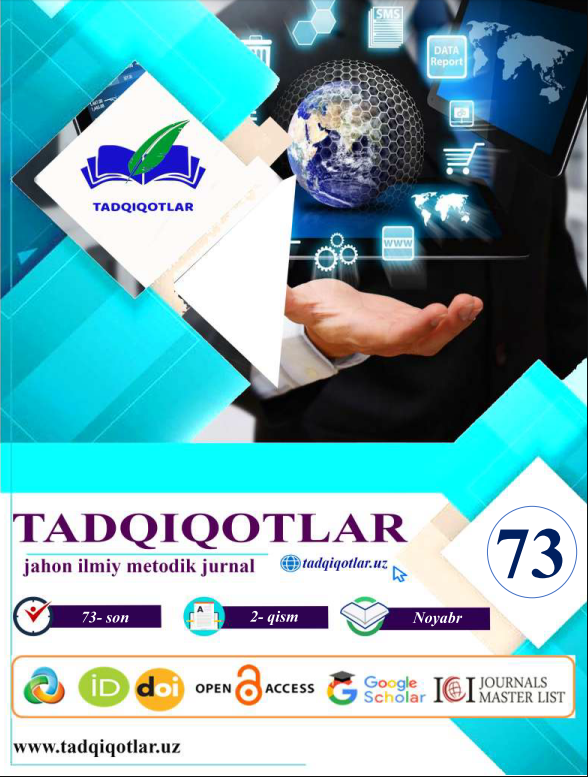GOLDEN AGE OF AMERICAN LITERATURE
Keywords:
Key Words: American Renaissance; Golden Age of American Literature; national identity; democracy; individual freedom; transcendentalism; nature and spirituality; self-reliance; moral responsibility; imagination; cultural transformation; abolitionism; reform movements; literary innovation; American identity formation.Abstract
Abstract: The Golden Age of American Literature, spanning the 1830s to the
Civil War, signifies the moment when American writing achieved cultural
independence and intellectual refinement. In this period, authors examined democracy,
personal freedom, spirituality, and moral duty while shaping a distinct national voice
separate from European influence. Writers such as Emerson, Thoreau, Hawthorne,
Melville, and Whitman introduced innovative forms and deep philosophical ideas that
explored human nature, society, and personal integrity. Their legacy established the
core of American literary tradition and continues to guide modern thought through an
emphasis on inner truth, ethical awareness, and imaginative expression.
References
References
1. Encyclopaedia Britannica — “American Renaissance” (overview)
2. F. O. Matthiessen, American Renaissance: Art and Expression in the Age of Emerson and
Whitman (book, classic study)
3. The Cambridge History of American Literature (Cambridge University Press)
4. Library of Congress — Exhibits and collection guides (Books That Shaped America /
American literature collections)
5. The Norton Anthology of American Literature (Norton) — anthology / reference edition
6. Oxford Research Encyclopedia / Oxford Reference — “American Renaissance” (scholarly
entry)

